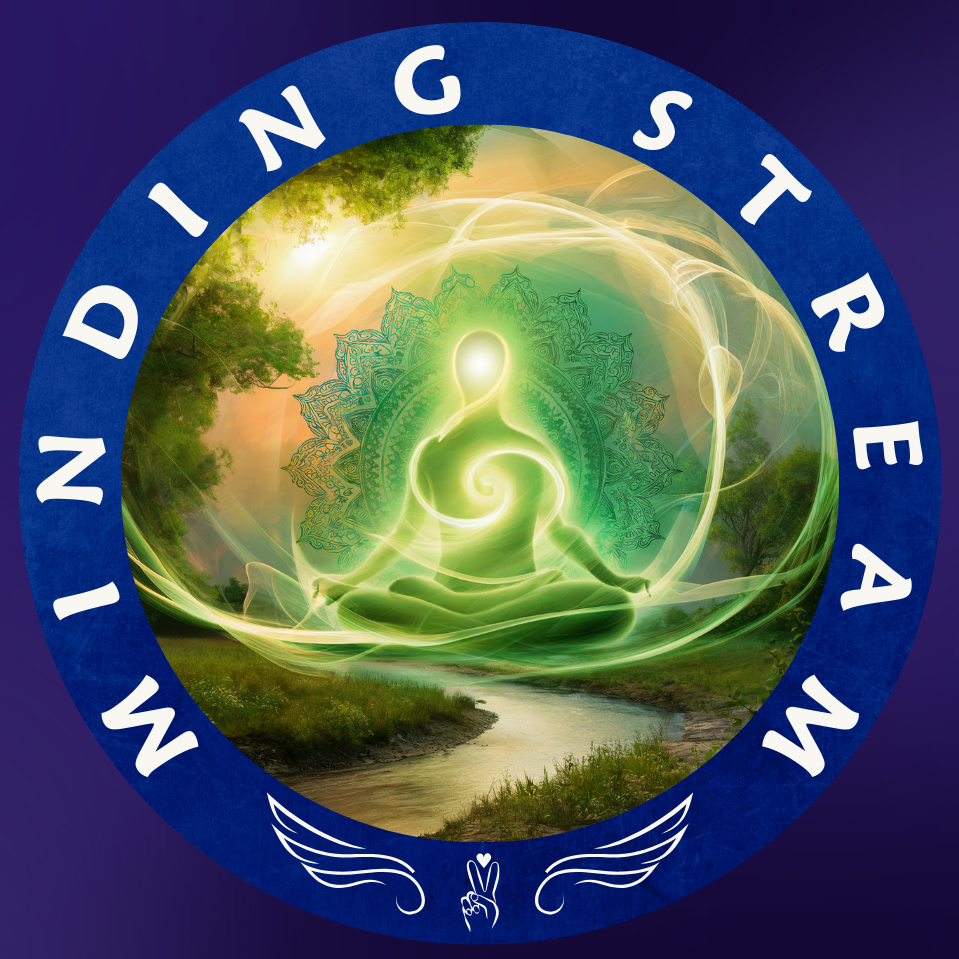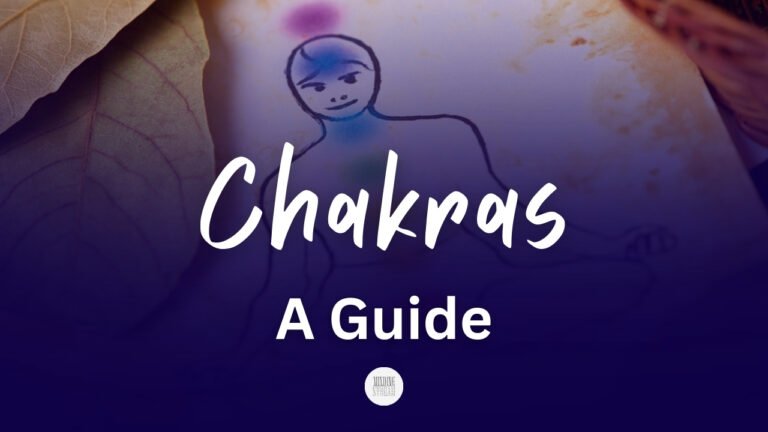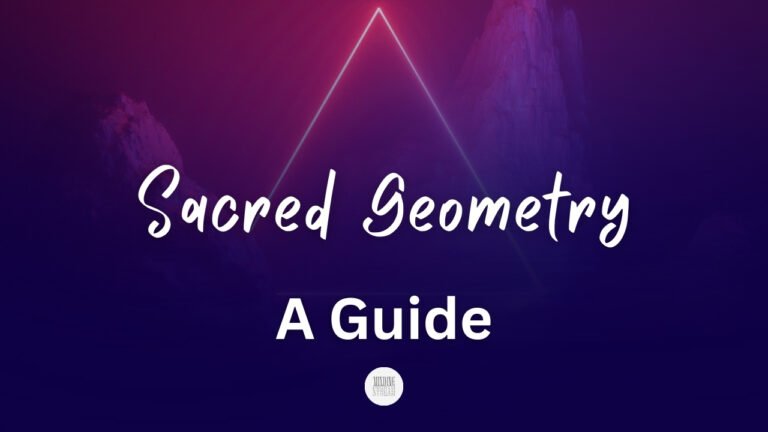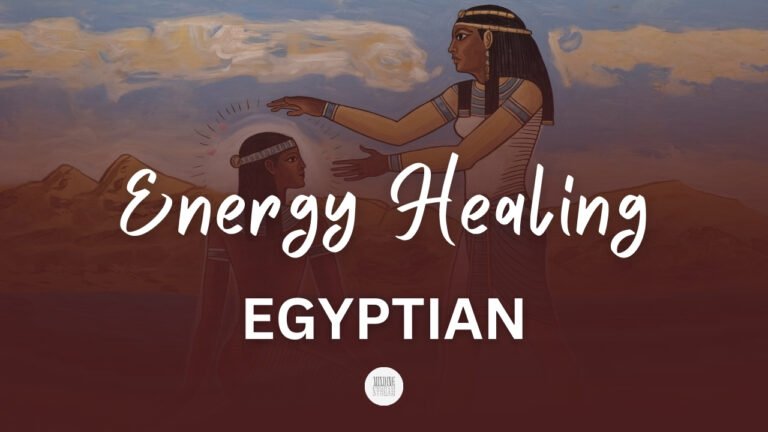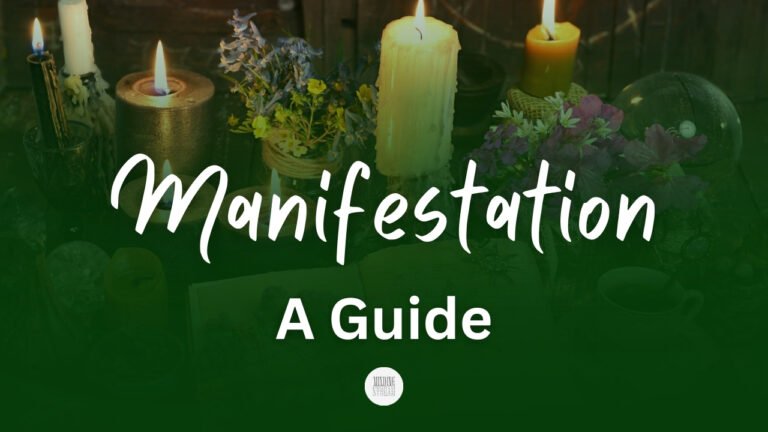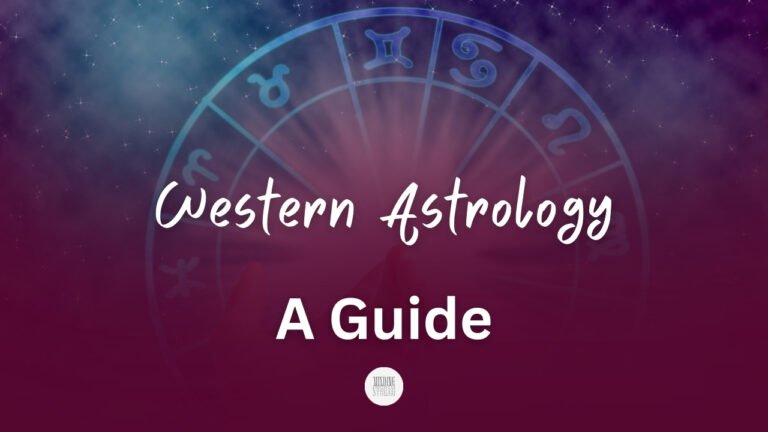Astrology Guide to Learn the Best Things About This

Astrology is a popular concept in many cultures, and this guide has everything you need to know about this ancient practice.
In many cultures, astrology is the study of celestial bodies’ positions and movements to interpret their influence on human behavior, personality, and future events.
That is, this is about revealing cosmic connections.
In this guide, we will explore its unique history, diverse perspectives, and how where you find it will totally guide in how it’s practiced.
So, if you’re interested in this amazing system, keep reading.
What is Astrology?
Astrology is an ancient practice that dates back to cultures like Egypt, Greece, and China. Basically, it seeks to understand the influence of celestial bodies on human life and the natural world.
Tracing its origins to early civilizations, astrology emerged as a tool to predict seasons. It was used to guide agricultural activities based on the movements of planets and stars.
Over time, however, it evolved into a more nuanced system began to give us personal insights and guidance.
The real work of this practice lies in interpreting the positions and movements of celestial bodies. Naturally, these would include the sun, moon, planets, and stars.
Astrology is deeply rooted in the belief that the cosmos and human life are interconnected, and by studying this relationship, we can gain valuable insights into our personalities, struggles, and potential paths.
Historically, astrology has been a significant part of many cultures. The Babylonians, for example, are credited with developing one of the earliest known astrological systems around the 18th century BCE.
Ancient Egyptians also engaged in the practices, aligning their temples with celestial events. Many argue the Egyptian type is actually much older than the Babylonian.
Later, it was adopted and refined by the Greeks and Romans. Indian, Chinese, and Mesoamerican civilizations each also developed their own unique forms of it.
In contemporary society, the practice retains its relevance as both a spiritual tool and a source of entertainment. While some individuals rely on horoscopes for daily guidance, others view astrology as a valuable framework for self-reflection and personal growth.
Regardless of one’s stance, its enduring presence shows humanity’s perpetual quest to understand the mysteries of life and the universe.
Diversity of Astrology

Astrology is a field with diverse methodologies and cultural significance. It’s primarily divided into Eastern and Western branches, and each has unique philosophies and techniques.
Eastern astrology, notably represented in the modern world by Chinese astrology, uses a lunar calendar. This system is based on a 12-year cycle, with each year associated with an animal sign.
These animal signs interact with the five elements—Wood, Fire, Metal, Water, and Earth—creating a 60-year cycle that imbues each year with distinctive characteristics.
For instance, 2020 was the Year of the Metal Rat. As a sign known for its renewal, it was perfect for a planet going through a huge change in the form of death and disease.
Another popular Eastern school today is the Hindu practice. It uses ancient Indian texts to analyze planetary positions, birth charts, and cosmic cycles, guiding personal insights and predictions based on these celestial factors.
In West Africa, there is the Yoruba practice that interprets the influence of orishas (deities) and celestial bodies on individual destinies and life paths, integrating traditional African spiritual practices and beliefs.
Western astrology, in contrast, was inherited through the Greeks and Romans. As a result, it adheres to a solar calendar. It revolves around the zodiac signs determined by the sun’s position at the time of a person’s birth.
These twelve zodiac signs—Aries, Taurus, Gemini, Cancer, Leo, Virgo, Libra, Scorpio, Sagittarius, Capricorn, Aquarius, and Pisces—form the core of Western astrological practice.
Each sign corresponds to specific personality traits and is further influenced by the positioning of celestial bodies within twelve houses in the natal chart.
These divergent methodologies show the broader cultural and philosophical contexts from which they arise, shaping how individuals perceive and interact with the world around them.
Western Astrology
As previously noted, Western astrology originated in ancient Babylon (Mesopotamia). It was later influenced by Greek, Roman, and Egyptian traditions, developing into the system used today.
This ancient practices examines celestial positions to interpret human traits and events. It uses zodiac signs, planets, and houses to create birth charts that suggest influences on personality and life paths.
The birth chart, or natal chart, is central because it maps the positions of celestial bodies at the exact moment of birth, forming the basis for analysis and predictions.
Zodiac signs represent core personality traits, planets symbolize various aspects of life and influence, and houses denote different life areas. Together, they combine to provide insights into an individual’s character, experiences, and potential life events.
As you can see, it all lays the foundation for horoscopes. Horoscope is a forecast based on the positions of celestial bodies at a given time, typically the current moment or a specific event.
So, a horoscope specialist interprets how planetary movements and aspects impact individuals or events, offering predictions and guidance based on the alignment of planets and zodiac signs.
Astrology in Modern Societies

Astrology has found a significant place in modern Western societies as something that gives us valuable insights. This is great for individuals seeking to understand themselves better and navigate their daily lives with greater clarity.
For beginners looking to dive into this practice, it’s really important to start with reliable sources. In many cases, you may be able to find great sources in your own smartphone!
Reputable astrology apps like Co-Star and The Pattern will give you personalized astrological readings, help track planetary movements, and provide comprehensive guides to interpreting charts.
Of course, investing in credible astrology books such as “The Only Astrology Book You’ll Ever Need” by Joanna Martine Woolfolk will provide a solid foundation of knowledge.
Following guidance from professional practitioner is also a beneficial way to deepen your understanding. Many seasoned astrologers offer consultations, online courses, and written predictions that can illuminate various aspects of your life.
For those starting out, approach the practice with an open yet critical mind, recognizing its potential for self-awareness without becoming overly reliant on it.
Real-life applications of the practice in modern societies usually revolve around strengthening self-awareness, relationship compatibility, and personal growth.
In other words, this is a practice that still gives us a chance to connect with something much bigger than our meager bodies.
What You Must Avoid
Although astrology is extremely helpful, and this practice can offer valuable perspectives, it is important to exercise caution. Avoid becoming excessively dependent on predictions for making life decisions.
The practice should serve you as a tool for guidance rather than a determiner of fate.
Plus, please be wary of scams that promise unrealistic outcomes or demand exorbitant fees for their services.
By approaching astrology with a balanced perspective, you can effectively integrate its wisdom into your daily life for a more enlightened and empowered experience.
